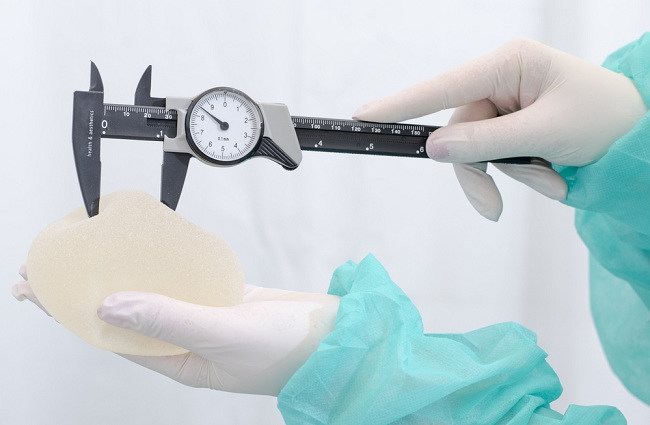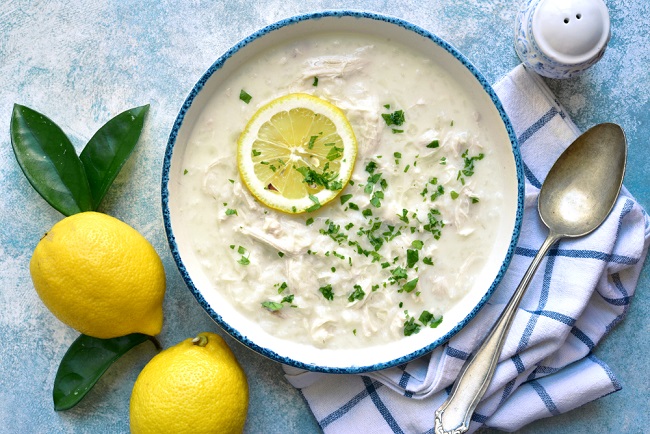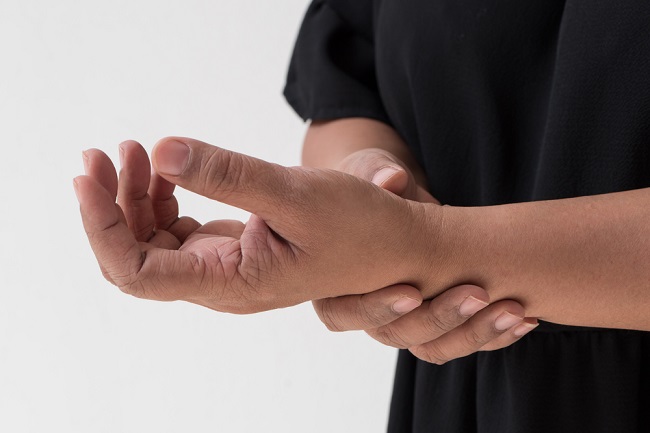Mothers may often find chicken liver in recipes for complementary foods for babies (MPASI). This is because chicken liver is easy to process and has many nutrients for baby growth and development. So, what are the benefits of chicken liver for babies? Check out the answer here.
As babies grow and develop, their nutritional needs can no longer be met through breast milk or formula. Therefore, in order to maintain the baby's nutritional intake, breastfeeding must be accompanied by complementary foods (MPASI). One of the best complementary foods for babies is chicken liver.

Chicken Liver Nutrition Content
Chicken liver is often referred to as a superfood (superfood) because of its high nutritional content and variety. The following are various types of nutrients contained in a serving of chicken liver for MPASI (about 28 grams):
- 6.8 grams of protein
- 1.8 grams fat
- 3.2 milligrams of iron
- 81 milligrams of choline
- 1.1 milligrams of zinc
- 162 micrograms of folate
- 100 micrograms of vitamin A
- 8 milligrams of vitamin C
- 75 milligrams of potassium
- 7 milligrams of magnesium
- 3 milligrams of calcium
Chicken liver also contains a variety of nutrients and antioxidants that are important for baby's health, such as lycopene, lutein, B vitamins, and vitamin E.
Thanks to its abundant nutritional content, it is not surprising that chicken liver is always present in the inspiration for the MPASI menu. Not only that, chicken liver also has a soft texture, making it easy for babies to consume.
Benefits of Chicken Liver for Babies
The high nutritional content of chicken liver makes this food item has a variety of benefits for babies, including:
1. Prevent anemia
Chicken liver contains a lot of iron and vitamin B12 which can prevent anemia. Iron and vitamin B12 itself plays a role in the formation of red blood cells that function to carry oxygen throughout the body.
The recommended amount of iron intake for infants aged 6-11 months is about 11 milligrams per day. Meanwhile, babies need as much as 1.5 micrograms of vitamin B12 per day. This nutritional intake can be met by including chicken liver in the MPASI menu.
2. Maintain eye health
The content of vitamin A and antioxidants lutein and lycopene in chicken liver is very useful for maintaining baby's eye health. In a day, babies aged 6-11 months need 400 micrograms of vitamin A. With adequate intake of vitamin A, babies will be at a lower risk of experiencing visual problems.
3. Boost the immune system
Besides being good for eye health, vitamin A also plays a role in boosting the immune system. In a time of pandemic like now, immunity is an important factor so that babies are not easily infected with diseases. Meet the baby's vitamin A intake by giving the right amount of chicken liver.
4. Helps the development of the brain and nervous system
The content of choline, fat, and protein in chicken liver is important for the development of the brain and nervous system. If consumed in the right amount, chicken liver can support the growth and development of the baby's brain and intelligence. The need for choline in infants aged 6-11 months is 125 milligrams per day.
5. Supports baby's development
Chicken liver contains protein and folate which play an important role in the growth and development of babies. Babies will grow more slowly than normal babies their age if they lack nutrients such as protein and folate. In a day, infants aged 6-11 months need 9 grams of protein and 80 micrograms of folate.
Although chicken liver has many benefits, it must still be adjusted to the daily needs of the baby. Chicken liver is high in vitamin A, so it can trigger an excess of vitamin A (hypervitaminosis A) when consumed in excess.
So that the nutrients your little one needs are fulfilled, also balance the consumption of vegetables and fruits. In addition, diversify the MPASI menu by trying other food ingredients so that your little one doesn't get bored.
If your little one has an allergy when consuming chicken liver, immediately consult a doctor for advice on substitute food ingredients. If your little one is not allergic to chicken liver, you can also ask the doctor about the benefits and the right portion of chicken liver for your little one.









